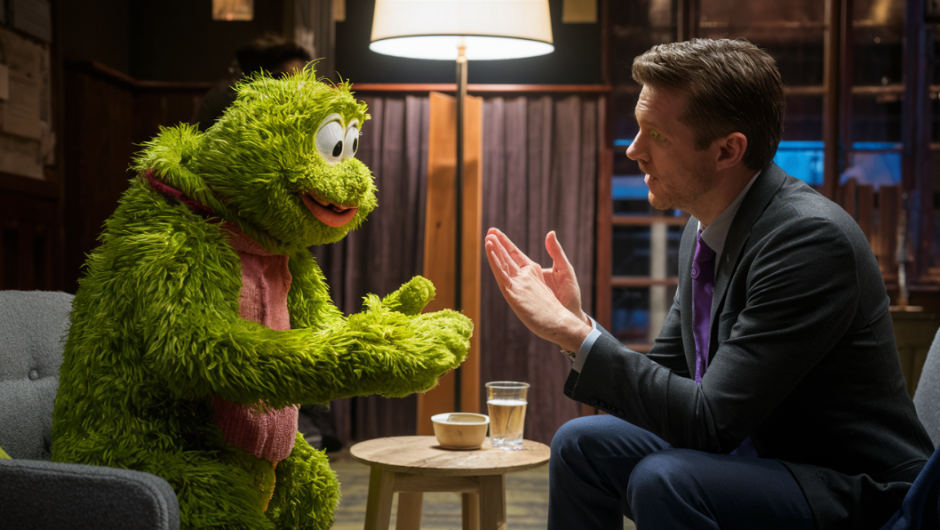My involvement with “Coaching young people,” was incidental. It arose from a conversation with a trusted parent and led to a Coaching engagement with their son. Their confidence in my Coaching leading to a number of referrals and here we are. In a series of posts, I am retrospectively capturing the Coaching insights and common threads, as well as my own professional learning reflections, Coaching (sometime tutoring) four boys aged fourteen to seventeen.
Part 1 starting with the elevated importance of “contracting” and what “noticeably similar and markedly different,” about Coaching young people. This post, will focus on building rapport when Coaching young people, given the fact that it is highly likely, this is the Coachee’s very first experience of being Coached, as opposed to being tutored, mentored or parented, through framing the Coaching, the Coaching models used and setting Coach-Coachee expectations.
In the “noticeably similar and markedly different” section of part 1, I highlighted the following reflections when Coaching young people. In Coaching conversations young people tend to:
- be more malleable, perhaps impressionable self-concept
- be either very expressive or hard to reach
- show less emotional self-awareness
- be more variable, unpredictable even
- trust more readily and that once secured, that trust can be drawn upon more heavily
- need for smaller GROW steps
These and other observations have started to inform how I frame Coaching, which Coaching models I adopt, the more common Coaching questions I employ (more of that in part 3), and expectations we have of one another. Second, I would also note that Coaching and personal organisation / learning effectiveness almost always collide. As you would expect, teenagers have many priorities (and distractions) and therefore none.
Framing the Coaching
I / we work to three phases:
- Respect the past – what got the coachee here
- Lead the present – coachees have agency within the Coaching
- Secure the future – we do set “goals” however we are very much process and short-time focused (this week, over the next fortnight).
Coaching Models
I tend to employ a GROW model (Goal. Reality. Opportunities. Will.) or OSKAR (Outcome. Scaling. Know-how. Action. Review.)
Both models provide structured frameworks for coaching conversations, they differ in their sequencing and emphasis. The GROW model focuses on goal setting and problem-solving, while the OSKAR model emphasises envisioning outcomes, leveraging strengths, and fostering continuous improvement. Envisioning the desired future state precisely and/or in detail. The performance inhibitor is all too often, the young person’s self-perception. I have found OSKAR helps young people move past what they “can not yet do.”
Coaching Questions
As a Coach, I lean towards Clean Questions (neutral, non-leading, and free from assumptions). These seem to be very well received by the teens. I have also found scaling questions are very effective. Scaling questions offer young people quantitative reference points, sometimes within a session and at other times between sessions, less frequently over a longer time period (Coaching timeframe tends to be a little shorter than with adults).
- When you report X. Where is that X on a scale of 1-10?
- At your best where are you on a scale of 1-10?
- What do you need to do to move one more number higher up the scale?
- What can ensure you do not slide down the scale?
Expectations
It is well worth being clear on what the Coachee can expect ahead of Coaching. Even more so, when coaching teens.
As your coach, I will endeavour to:
- Be fully focused on your performance or enhancing your personal development or both.
- Work towards your goals by increasing your “self-awareness and a sense of personal responsibility”
- Be open, honest and non-judgemental, maintaining faith in your commitment to manage and fulfil the actions agreed upon.
- Ask questions and offer “appropriate challenge, in supportive and encouraging climate”
The Coachee always sets the focus of the session.
What specifically would you like to achieve in this session?
I always ask for feedback at the end of the session. I am always honest and very cautious of false praise. We always close by confirming what I am feeding back to parents. More recently, we have used a group Whatsapp to share feedback.
So that is a wrap for part 2 – however, it is always great to end with a parents reflection. I think I will end all posts in the series this way. Coaching a Year 11 pupil and supporting his English GCSE. In just 6 sessions he has gone from a mock paper GCSE grade 1 to securing a 3. Of course there is a little tutoring, teaching him how to approach an exam question, plan his answer, then write… however before grasping he has to reach.
As you say, we may, or may not get there, but if we don’t, we haven’t had much time. I know now that he will believe in himself, if he has to resit at college.
Parent Whatsapp
If you are curious, the image was made with https://ideogram.ai/ – I then asked for a human for Oscar to talk to.
 |  |




Pingback: Coaching young people – (part 3) – Edventures